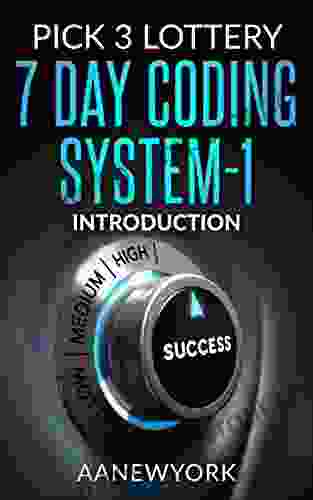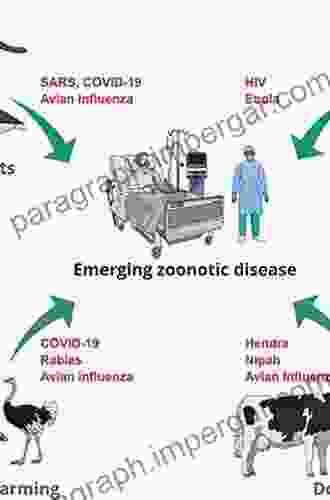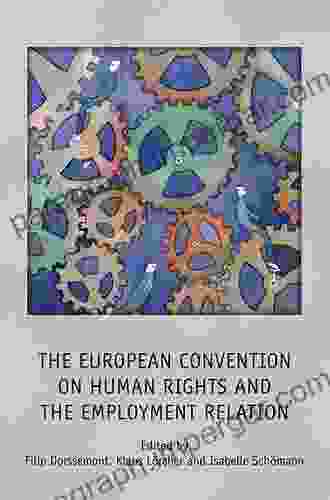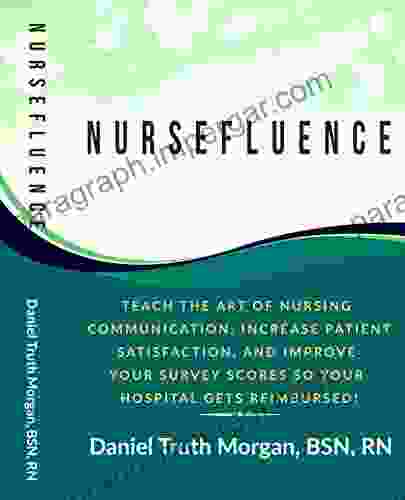Animal to Human Transplantation: A Revolutionary Frontier in Medicine with Potential Implications for Emerging Infectious Diseases


: Unlocking the Potential of Inter-Species Transplantation
Animal to human transplantation (xenotransplantation) has emerged as a groundbreaking approach in medicine, offering the potential to address the critical shortage of human organs for transplantation. This revolutionary frontier in medical science involves the transplantation of organs, tissues, or cells from animals into humans, a concept that has sparked both excitement and ethical considerations.
In the face of a growing global health crisis, xenotransplantation presents a ray of hope for patients desperately awaiting lifesaving organs. With its potential to provide a consistent supply of organs, mitigate the risks of rejection, and pave the way for new treatments, xenotransplantation is poised to transform the landscape of healthcare.
The Historical Evolution of Xenotransplantation
The concept of xenotransplantation has fascinated scientists for centuries. Early attempts in the 17th century involved the transplantation of animal blood into humans, with varying degrees of success. Throughout the 19th and 20th centuries, advancements in surgical techniques and immunosuppressive therapies laid the groundwork for more sophisticated xenotransplantation experiments.
Pioneering breakthroughs occurred in the 1990s with the development of genetically modified animal organs designed to minimize immune rejection. These advances marked a significant milestone in xenotransplantation research, setting the stage for clinical trials and the realization of its potential.
Animal Models and Source Species for Transplantation
Identifying suitable animal species for transplantation is crucial in xenotransplantation. Researchers have explored a wide range of animals, including pigs, non-human primates, and sheep. Each species possesses unique advantages and challenges, necessitating careful evaluation based on factors such as organ size, immune compatibility, and the risk of disease transmission.
Pigs have emerged as a promising source for xenotransplantation due to their organ size, which is comparable to humans, and their ability to be genetically modified to reduce immune rejection. Non-human primates, although genetically closer to humans, face limitations in organ size and availability. Sheep, on the other hand, have been successfully used for xenotransplantation of heart valves, demonstrating long-term functionality.
Immunosuppression and the Challenge of Rejection
A major challenge in xenotransplantation is overcoming the immune barrier between species. When an animal organ is transplanted into a human, the recipient's immune system recognizes it as foreign and mounts an attack. This process, known as rejection, can lead to organ failure and even death.
Immunosuppressive drugs are essential in xenotransplantation to suppress the immune response and prevent rejection. However, these drugs can have side effects, such as increased susceptibility to infections and the development of cancer. Researchers are actively exploring new immunosuppressive strategies, including gene editing techniques, to minimize these risks.
Potential Applications and Benefits of Xenotransplantation
The potential applications of xenotransplantation are vast and hold immense promise for improving human health. By addressing the critical shortage of human organs, xenotransplantation could save countless lives and reduce waiting times for patients in need.
Xenotransplantation also offers the possibility of personalized medicine. Genetically modified animal organs could be tailored to match the specific needs of individual patients, overcoming the challenges of tissue mismatch and immune rejection. This approach has the potential to revolutionize organ transplantation and improve long-term outcomes.
Emerging Infectious Diseases and the Role of Xenotransplantation
The emergence of new and deadly infectious diseases, such as the recent COVID-19 pandemic, has brought the role of xenotransplantation into sharp focus. Animal reservoirs have been identified as a significant source of emerging infectious diseases, raising concerns about the potential transmission of zoonotic pathogens through xenotransplantation.
Researchers are actively investigating strategies to mitigate this risk, including rigorous screening of animals for pathogens, genetic modifications to eliminate potential reservoirs, and the development of novel immunosuppressive drugs that do not impair the immune system's ability to fight infections.
Ethical Considerations and Public Perception
Xenotransplantation raises important ethical considerations that must be carefully addressed. Concerns about animal welfare, the potential for species barriers to be blurred, and the unknown long-term effects on human health need to be thoroughly evaluated.
Public perception and acceptance of xenotransplantation are also crucial factors. Transparent communication, education, and engagement with the public are essential to build trust and ensure that the ethical implications are fully understood and respected.
: The Promise and Challenges of Xenotransplantation
Animal to human transplantation holds enormous potential to revolutionize healthcare and address the pressing need for organ transplants. By carefully navigating the challenges of immune rejection, disease transmission, and ethical considerations, xenotransplantation can offer a lifeline to patients waiting for lifesaving organs.
As research progresses and new technologies emerge, the field of xenotransplantation is poised to make a profound impact on the future of medicine. By harnessing the potential of animal organs and overcoming the barriers to successful transplantation, we can envision a world where the shortage of human organs is a thing of the past and patients live healthier, longer lives.
Do you want to contribute by writing guest posts on this blog?
Please contact us and send us a resume of previous articles that you have written.
 Book
Book Novel
Novel Page
Page Chapter
Chapter Text
Text Story
Story Genre
Genre Reader
Reader Library
Library Paperback
Paperback E-book
E-book Magazine
Magazine Newspaper
Newspaper Paragraph
Paragraph Sentence
Sentence Bookmark
Bookmark Shelf
Shelf Glossary
Glossary Bibliography
Bibliography Foreword
Foreword Preface
Preface Synopsis
Synopsis Annotation
Annotation Footnote
Footnote Manuscript
Manuscript Scroll
Scroll Codex
Codex Tome
Tome Bestseller
Bestseller Classics
Classics Library card
Library card Narrative
Narrative Biography
Biography Autobiography
Autobiography Memoir
Memoir Reference
Reference Encyclopedia
Encyclopedia Jennifer Rosenfeld
Jennifer Rosenfeld Jennifer Cole
Jennifer Cole Jeremiah Curtin
Jeremiah Curtin Jessica Moore
Jessica Moore Jenae Smith
Jenae Smith Jimmy Barnes
Jimmy Barnes Joe Mulhall
Joe Mulhall Jeff Meckstroth
Jeff Meckstroth Jeremy Carl
Jeremy Carl John Buchan
John Buchan John Burroughs
John Burroughs Jeffrey Waincymer
Jeffrey Waincymer Joe Hinds
Joe Hinds Johan Giesecke
Johan Giesecke Joachim Mutter
Joachim Mutter Jill Norgren
Jill Norgren Jennifer Salerno
Jennifer Salerno Joanne Palmisano
Joanne Palmisano Jim Mitchell
Jim Mitchell Jeremy Waldron
Jeremy Waldron
Light bulbAdvertise smarter! Our strategic ad space ensures maximum exposure. Reserve your spot today!

 Aleksandr PushkinThe Rhode Island Lemon Law: Know Your Rights When Your New Vehicle Goes Sour
Aleksandr PushkinThe Rhode Island Lemon Law: Know Your Rights When Your New Vehicle Goes Sour Wayne CarterFollow ·14k
Wayne CarterFollow ·14k Milan KunderaFollow ·15.6k
Milan KunderaFollow ·15.6k Forrest ReedFollow ·10k
Forrest ReedFollow ·10k Seth HayesFollow ·18k
Seth HayesFollow ·18k Adrian WardFollow ·7.8k
Adrian WardFollow ·7.8k William WordsworthFollow ·15.8k
William WordsworthFollow ·15.8k Dylan HayesFollow ·11.7k
Dylan HayesFollow ·11.7k Edward BellFollow ·9.1k
Edward BellFollow ·9.1k

 Christian Barnes
Christian BarnesUnleash Your Creativity: Build Interlocking 3D Animal and...
Discover the Art of Paper...

 Terry Bell
Terry BellUnveiling the Secrets of Winning: A Comprehensive Guide...
In the realm of chance and fortune, the...

 Albert Camus
Albert Camus101 Things That You Should Do Before Leaving The House In...
Starting your day right is...

 Anthony Burgess
Anthony BurgessForcing Move 2024 Volume: Unleash Your Inner Grandmaster
Embark on an extraordinary chess...














